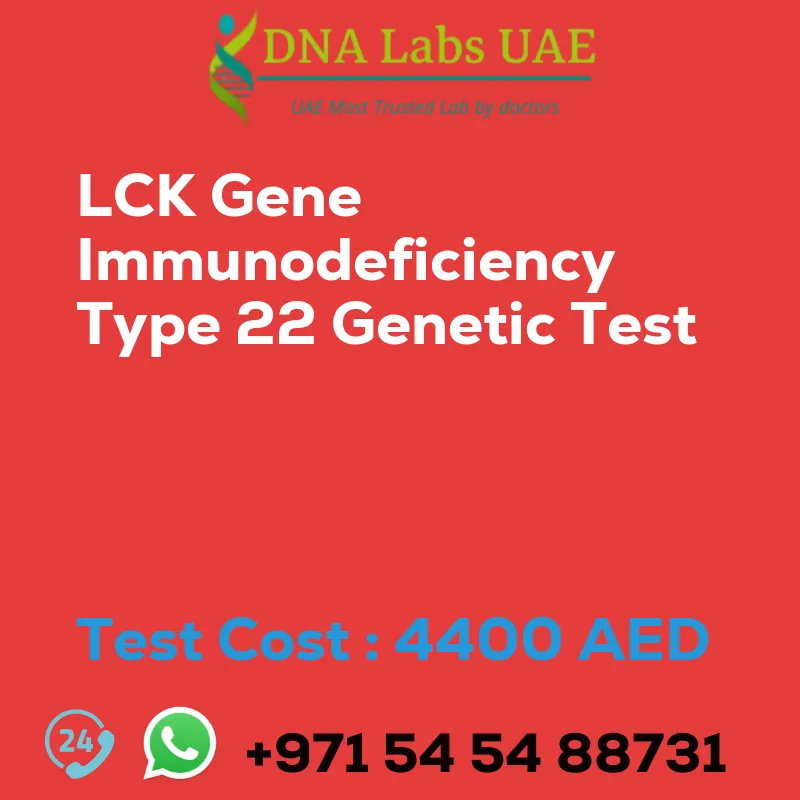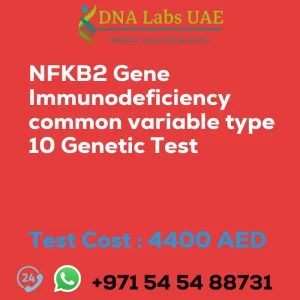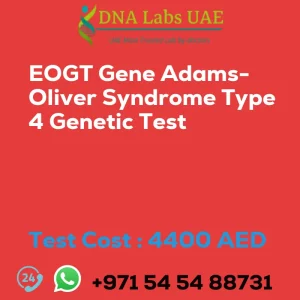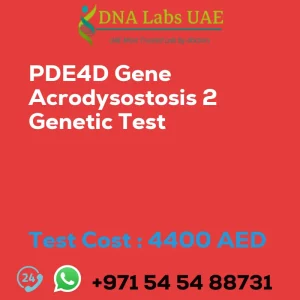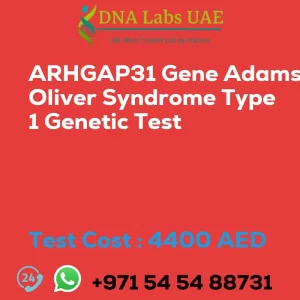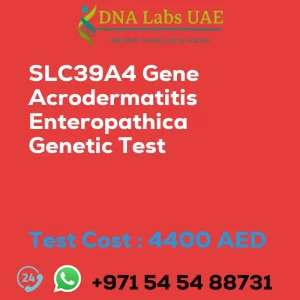LCK Gene Immunodeficiency type 22 Genetic Test
Test Name: LCK Gene Immunodeficiency type 22 Genetic Test
Components: Blood or Extracted DNA or One drop Blood on FTA Card
Price: 4400.0 AED
Sample Condition: Blood or Extracted DNA or One drop Blood on FTA Card
Report Delivery: 3 to 4 Weeks
Method: NGS Technology
Test type: Osteology Dermatology Immunology Disorders
Doctor: Dermatologist
Test Department: Genetics
Pre Test Information: Clinical History of Patient who is going for LCK Gene Immunodeficiency type 22 NGS Genetic DNA Test. A Genetic Counselling session to draw a pedigree chart of family members affected with LCK Gene Immunodeficiency type 22 NGS Genetic DNA Test gene LCK
What is LCK Gene Immunodeficiency type 22?
LCK gene immunodeficiency type 22 (LCK ID22) is a rare genetic disorder that affects the immune system. It is caused by mutations in the LCK gene, which is responsible for producing a protein called lymphocyte-specific protein tyrosine kinase (LCK). This protein plays a crucial role in the development and functioning of T cells, which are a type of white blood cell involved in the immune response.
Individuals with LCK ID22 have impaired T cell function, leading to a weakened immune system. This makes them more susceptible to infections, particularly those caused by bacteria, viruses, and fungi. Symptoms can vary but may include recurrent infections, failure to thrive, chronic diarrhea, and developmental delays.
NGS Genetic Testing for LCK ID22
NGS genetic testing refers to next-generation sequencing, a high-throughput DNA sequencing method that allows for the simultaneous analysis of multiple genes. In the context of LCK ID22, NGS genetic testing can be used to identify mutations in the LCK gene, confirming a diagnosis of the disorder. This type of testing can also help determine the specific mutation present in an individual, which can aid in genetic counseling and potentially guide treatment decisions.
It is important to note that LCK ID22 is a rare disorder, and genetic testing may not be readily available or routinely performed. If you suspect that you or someone you know may have LCK ID22, it is recommended to consult with a healthcare professional or a geneticist who can provide further guidance and information on available testing options.
| Test Name | LCK Gene Immunodeficiency type 22 Genetic Test |
|---|---|
| Components | |
| Price | 4400.0 AED |
| Sample Condition | Blood or Extracted DNA or One drop Blood on FTA Card |
| Report Delivery | 3 to 4 Weeks |
| Method | NGS Technology |
| Test type | Osteology Dermatology Immunology Disorders |
| Doctor | Dermatologist |
| Test Department: | Genetics |
| Pre Test Information | Clinical History of Patient who is going for LCK Gene Immunodeficiency type 22 NGS Genetic DNA Test. A Genetic Counselling session to draw a pedigree chart of family members affected with LCK Gene Immunodeficiency type 22 NGS Genetic DNA Test gene LCK |
| Test Details |
LCK gene immunodeficiency type 22 (LCK ID22) is a rare genetic disorder that affects the immune system. It is caused by mutations in the LCK gene, which is responsible for producing a protein called lymphocyte-specific protein tyrosine kinase (LCK). This protein plays a crucial role in the development and functioning of T cells, which are a type of white blood cell involved in the immune response. Individuals with LCK ID22 have impaired T cell function, leading to a weakened immune system. This makes them more susceptible to infections, particularly those caused by bacteria, viruses, and fungi. Symptoms can vary but may include recurrent infections, failure to thrive, chronic diarrhea, and developmental delays. NGS genetic testing refers to next-generation sequencing, a high-throughput DNA sequencing method that allows for the simultaneous analysis of multiple genes. In the context of LCK ID22, NGS genetic testing can be used to identify mutations in the LCK gene, confirming a diagnosis of the disorder. This type of testing can also help determine the specific mutation present in an individual, which can aid in genetic counseling and potentially guide treatment decisions. It is important to note that LCK ID22 is a rare disorder, and genetic testing may not be readily available or routinely performed. If you suspect that you or someone you know may have LCK ID22, it is recommended to consult with a healthcare professional or a geneticist who can provide further guidance and information on available testing options. |

